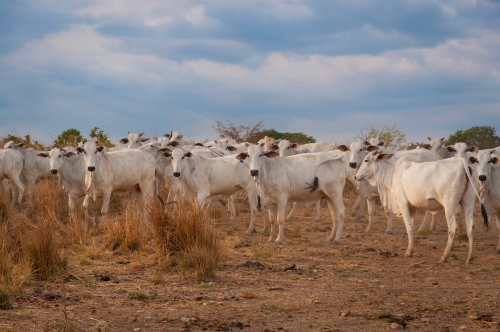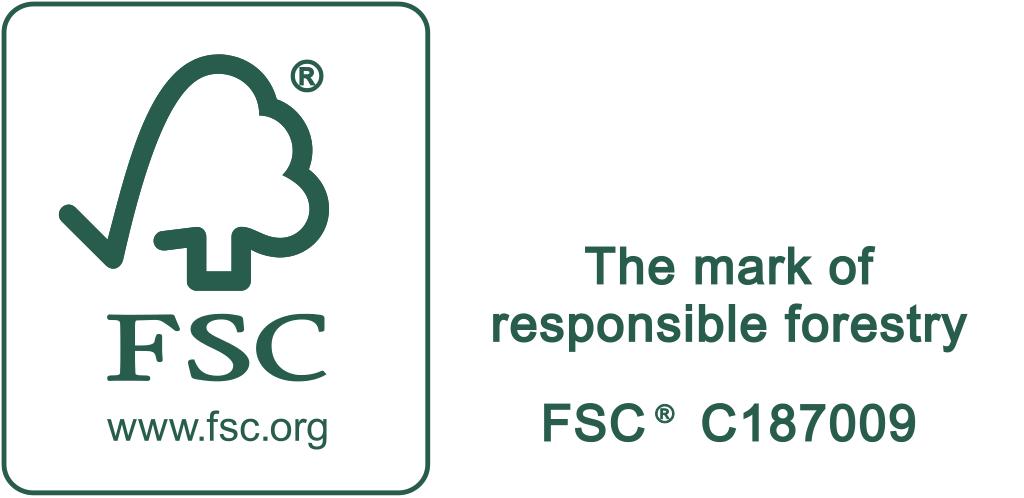Copyright © 2024 Polycopy. Website Design by axisfirst. Powered by axis vMerchant.
- Introducing the all-new Inkjet Printer!
- How to get the most out of your Task Chair
- What's Happening in the Paper Market in Q3 2022? 8 key reasons below...
- Is Paper the Main Cause of Deforestation?
- How Does Paper Benefit Our Society & The Environment?
- What's Happening in the Paper Market in 2022? 7 key factors below....
- Screens or Paper: Which is better for learning from?
- Super-Deduction Tax Relief on Office Furniture: How and Why?
- Video: Merchant Laminator
- Video: Stick with Exilon Glue
- Video: EnduroCopy Tuff (no need to laminate!)
- Video: Metallico Shimmering Paper
- 'Tis the season to be...
- Happy Christmas, and thanks...
- Who's left inside?
- Artwork tips for tip-top print
- Start planning for 2020!
- We're hiring!
- Not all shredders are equal...
- Be whiteboard wise...
Polycopy Blog
Is Paper the Main Cause of Deforestation?
Posted: 17 May 2022
The second in a series of posts busting the myths about paper!
A lot of people associate paper production with deforestation. In fact, there are whole websites dedicated to claiming that paper production is going to end the world.
How often do you hear "you're printing half the Amazon Rainforest there!".
Or, do you have a line under your email signature saying "Please don't print this e-mail unless you really need to"?
Let me introduce you to the new version. It goes like this: "Go ahead...print this e-mail! Paper is a biodegradable, recyclable, sustainable product made from trees. Growing and harvesting trees and the production of paper and other forest products provide jobs for millions of men and women worldwide, and working forests are good for the environment, providing clean air, clean water, wildlife habitat and carbon storage."
In reality, the paper industry is responsible for reversing the effects of deforestation, through sustainable forest management and reforestation projects, such as this one set out by International Paper.

Admittedly, some papers may still come from irresponsibly-managed forests, mainly in Asia.
However, if you want to be certain that your paper is coming from a well-managed forest that respects the natural ecosystems, look out for the FSC® or PEFC™ logo on the packaging.
"The forests serve not only for wood production, but they also provide many other
very important ecosystem services which directly or indirectly contribute to human
wellbeing, mainly provisioning, regulating and other services."
Forest Europe, 2019
So who is causing deforestation?

Most deforestation happens in the tropics, with agriculture being the primary cause.
According to WWF, deforestation is of major concern in tropical rainforests, home to much of the world’s biodiversity. For example, in the Amazon around 17% of the forest has been lost in the last 50 years, mostly due to conversion for cattle ranching. Deforestation in this region is particularly rampant near more populated areas, roads, and rivers, but even remote areas have been encroached upon when valuable mahogany, gold or oil are discovered.1
Want to know more about the environmental impact of our papers? Just email us at sales@polycopy.co.uk for more information.
Sources:
1WWF, Deforestation and Forest Degradation, 2019
 Please look out for our FSC® certified products
Please look out for our FSC® certified products
This site uses cookies. By continuing to access this site you are accepting the use of cookies by this site.
Read more about cookies...
X
Read more about cookies...
Cookies are small text files stored on your device when you access most websites on the internet.
This Website uses cookies in order to make the Website easier to use, to support the provision of information and functionality to you, as well as to provide us with information about how the Website is used so that we can make sure it is as up to date, relevant and error free as far as we can. Further information about the types of cookies that are used on this Website is set out in the box below.
By using this Website you agree to our use of cookies. You can choose to restrict or block cookies set on the Website through your browser settings at any time. For more information about how to do this, and about cookies in general, you can visit www.allaboutcookies.org. Please note that certain cookies may be set as soon as you visit the Website, but you can remove them using your browser settings.
However, please be aware that restricting or blocking cookies set on the Website may impact the functionality or performance of the Website, or prevent you from using certain services provided through the Website. It will also affect our ability to update the Website to cater for user preferences and improve performance.
We don’t sell the information collected by cookies, nor do we disclose the information to third parties, except where required by law (for example to law enforcement agencies).
We may sometimes embed content from 3rd party websites such as YouTube. As a result, when you visit a page containing such content, you may be presented with cookies from these websites. We do not control the dissemination of these cookies and you should check the relevant third party's website for more information.
Cookies We Use
| Cookie | Description |
| CookieConfirm | The presence of this cookie is used to remember the fact that you have confirmed that you are happy to accept cookies |
| ASPSESSIONIDxxxxxxxx | This is a Session Cookie (session cookies are temporary and are erased when you close your browser). It identifies you from one page to the next and is used, for example, to keep track of your logged-in status. |
| UserID, account, password | These cookies are used to remember your login credentials for when you next visit our website. They are only created if you choose the “Remember Me” option on the login page. |
| _utma, _utmb, _utmc, _utmz | These are cookies created by Google Analytics and are used to provide us information on which web pages are the most popular, and the most popular search terms used by visitors arriving at our site. |

